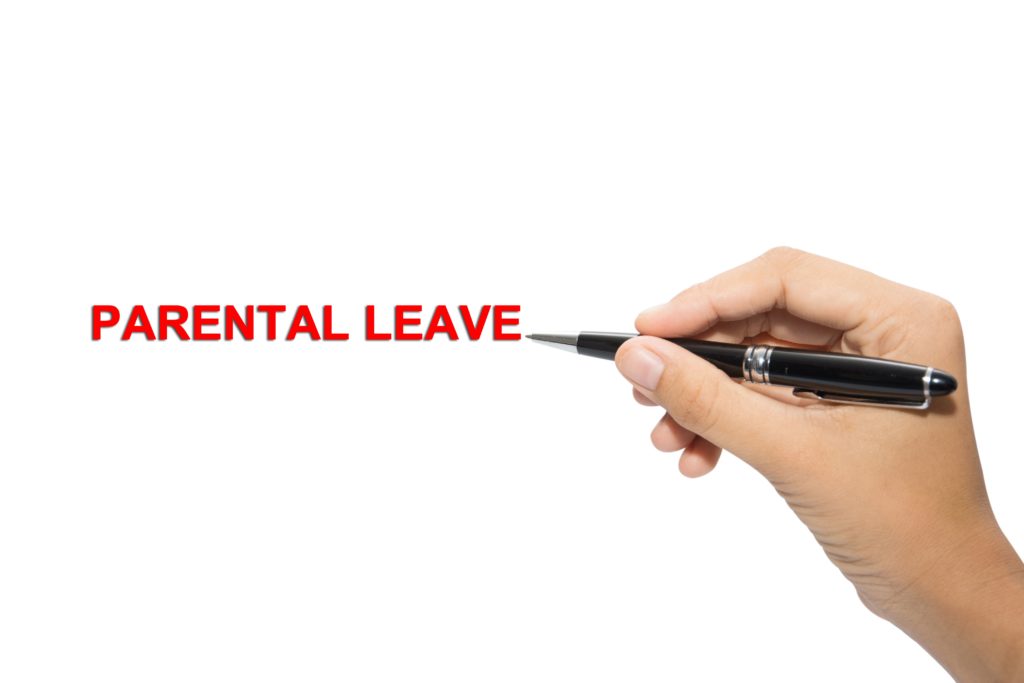What are maternity and parental benefits?
Maternity and parental benefits are special employment insurance (“EI”) benefits that allow a worker to collect financial payments on a temporary basis who are either pregnant or recently gave birth (maternity benefits) or to parents who are caring for a newborn or baby (parental benefits). Maternity benefits may also be called pregnancy benefits.
For greater clarity, maternity benefits are not attached to or a part of parental benefits. A worker may collect both maternity and parental benefits in one instance and in another may only collect one. For instance, a father may only collect parental benefits during the period he is caring for his newborn or baby and a surrogate may only collect maternity benefits while pregnant.
What criteria make it so a worker can collect either maternity or parental EI benefits?
A worker is able to collect maternity or pregnancy EI benefits when the worker is pregnant or has recently gave birth and is not working.
A worker is able to collect parental EI benefits when the worker is caring for a newborn or baby and is not working. If the worker is working they will not be able to collect their maternity or parental EI benefits or have these benefits drastically reduced.
The worker must also have worked a certain number of hours in insurable employment in order to qualify and collect either maternity or parental EI benefits. For instance, in order to collect parental EI benefits, the worker must have worked at least 600 hours in insurable employment during the previous 52 weeks before the worker makes their application to collect parental EI benefits.
Finally, a couple may both collect parental EI benefits at the same time while caring for a newborn or baby. However, this does not mean that the couple will be able to collect double the parental EI benefit payment. The parental EI benefit will simply be split between both individuals.
Changes to maternity and parental leave EI benefits arrived in December 2017
Beginning in December 2017, a worker who is eligible to collect maternity and parental leave EI benefits will be able to collect maternity and parental leave EI benefits over a 12-month period or, if they decide, over an 18-month period.
However, there is a caveat relating to the collection of maternity and parental leave EI benefits over an 18-month period. The worker would collect a reduced financial payment from the government at approximately 30% of the worker’s weekly salary to a maximum of $326 per week. The worker would collect a greater sum of approximately 55% of the worker’s weekly salary to maximum of $543 per week if the worker decides to opt to collect maternity and parental leave EI benefits over a 12-month period.
Another change is that workers who are eligible to collect maternity EI benefits will be able to collect those benefits for up to 12 weeks. This is an increase from eight weeks.
What happens to the worker’s job while they are collecting maternity and parental EI benefits?
Workers have a right not to have their job be in jeopardy if they decide that they will take a leave from their employment due to pregnancy or to care for a newborn or baby and collect either or both maternity and parental EI benefits.
Therefore, the worker’s employer should provide to the worker the same job that the worker had before he or she went on maternity or parental leave when they return to work. This means that they worker should come back to the same job with the same title, responsibilities and remuneration.
Further, if the worker’s job is no longer available, such as it was eliminated due to a restructuring of the employer’s business, the employer must offer the worker a comparable position. This means that the worker should come back to a very similar job that they had before they went only live with comparable duties, responsibilities and remuneration.
How can Zeilikman Law help?
Zeilikman Law offers a wide array of legal services related to labour and employment law including issues surrounding the right of workers taking maternity and parental leave. A worker should contact a lawyer to assist the worker if the worker is concern about their job status while taking maternity and / or parental leave. An employer should also contact a lawyer if the employer has any questions or concerns about their worker who is on maternity and / or parental leave and is planning on returning to their job.

